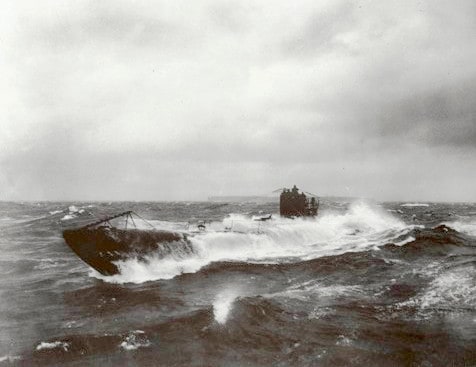With the First World War entering its 34th month and — as a letter elsewhere in the issue points out — mobilisation of British troops still underway, the threat of German submarines was preying heavily on the public mind. U-boats seems to be an invisible, intangible weapon which could strike with impunity at absolutely no risk to themselves, and the public was becoming increasingly nervous that British military and merchant shipping would be unable to reach their targets, and that shops would run out of stocks. To allay these fears, the First Lord of the Admiralty, Sir Edward Carson, used a regular speech on the Navy’s estimates of enemy damage to point out that the Royal Navy was in fact very effective at countering U-boats, as The Engineer reported.

The speech was particularly in response to reports in the launch of a German policy of unlimited U-boat warfare, with the hope that for every vessel sunk, another dozen would be scared away; in early March, an entire fleet of Dutch merchant ships were sunk in the Channel (especially alarming as the Dutch were neutral in that conflict). However, Carson said. over an 18-day period the Royal Navy had detected and attacked U-boats on ‘no fewer than 40 occasions’. The Engineer commented that ‘if the figure for these 18 days are to be taken as an average, the mortality among the marauders must indeed be formidable. Our wonder increases at the folly of the German rulers in risking the active hostility of powerful neutrals for the sake of ruthlessly employing an arm whose limitations grow more obvious every day.’
Meanwhile, British merchant ships were being armed with stern-mounted machine guns, at a rate which increased by 47.5 per cent in the first two months of 1917. According to Carson, of every four armed mechant ships which came under U-boat attack, three escaped. ‘Nothing could illustrate more forcibly the inherent weakness of the submarine as a commerce raider,’ The Engineer commented. ‘If a single gun mounted at the stern is sufficient to baffle its attack three times out of four, the problem of defence is already in sight of solution.’
U-boats were to prove fateful in the conflict later that month. On the 17th, three American merchant ships were sunk by German submarines. The US entered the war in April.




April 1886: the Brunkebergs tunnel
First ever example of a ground source heat pump?